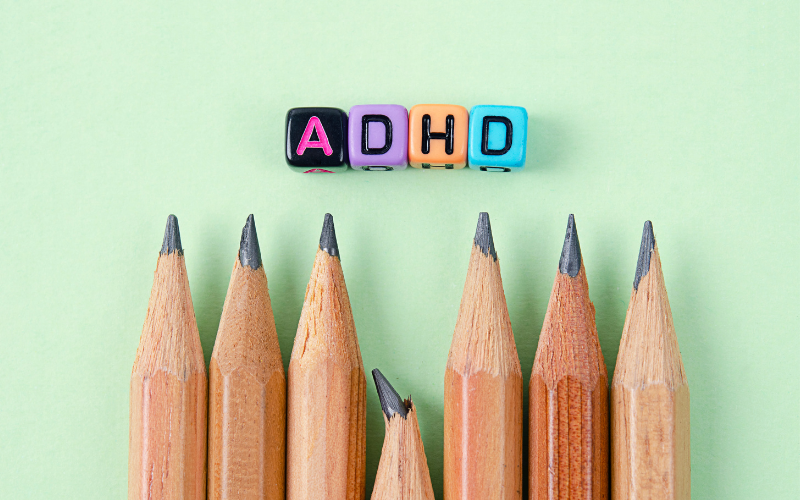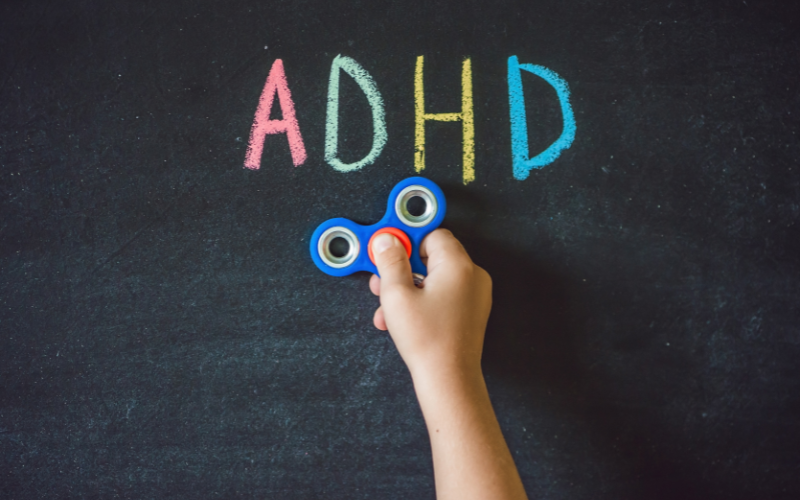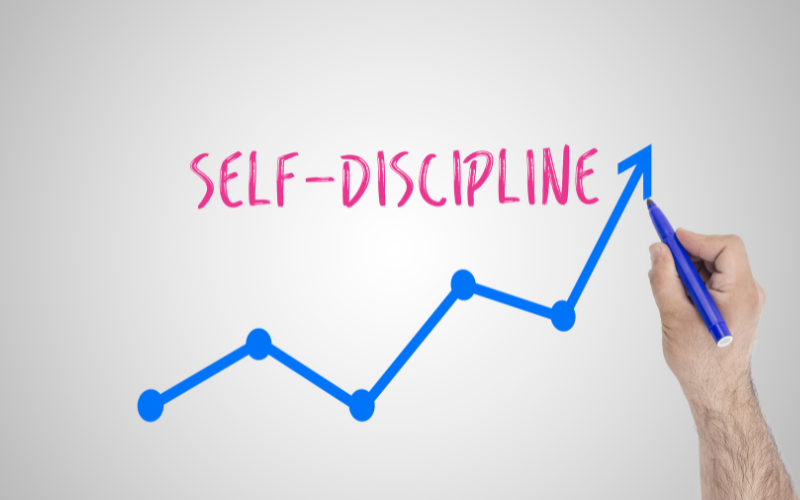Attention-Deficit/Hyperactivity Disorder (ADHD) is a neurodevelopmental disorder that affects millions of people globally. It is a condition characterized by symptoms of inattention, hyperactivity, and impulsivity. These symptoms can negatively impact a person’s daily life, causing difficulties in relationships, school or work, and overall functioning.
However, despite its prevalence, Attention-Deficit/Hyperactivity Disorder is often misunderstood and stigmatized. In this article, we aim to provide a comprehensive understanding of ADHD, including its symptoms, causes, and treatment options.
Symptoms of Attention-Deficit/Hyperactivity Disorder (ADHD)
The symptoms of Attention-Deficit/Hyperactivity Disorder can vary from person to person, but they typically fall into three main categories: inattention, hyperactivity, and impulsivity.
Inattention Symptoms:
- Difficulty paying attention to details and making careless mistakes
- Difficulty sustaining attention in tasks or activities
- Appearing not to listen when spoken to directly
- Difficulty following through on instructions and completing tasks
- Difficulty organizing tasks and activities
- Avoidance or dislike of tasks that require sustained mental effort
- Losing things necessary for tasks and activities
- Easily distracted by external stimuli
Hyperactivity Symptoms:
- Fidgeting or squirming in seatting
- Leaving seat in situations where remaining seated is expected
- Running or climbing excessively in inappropriate situations
- Difficulty playing or engaging in leisure activities quietly
- Excessive talking
Impulsivity Symptoms:
- Blurting out answers before questions have been completed
- Difficulty waiting for one’s turn
- Interrupting or intruding on others
- Acting without thinking about consequences
It’s important to note that not all individuals with Attention-Deficit/Hyperactivity Disorder exhibit all symptoms, and the severity of symptoms can vary. Additionally, symptoms may change over time as the individual ages and develops coping mechanisms.

Causes of Attention-Deficit/Hyperactivity Disorder (ADHD)
The exact cause of ADHD is not yet known, but research suggests that it is likely due to a combination of genetic and environmental factors. Some potential contributing factors include:
- Genetics: the disorder tends to run in families and may be inherited.
- Brain development and structure: Some studies have suggested that certain areas of the brain may be smaller or have less activity in individuals with ADHD.
- Exposure to toxins: Exposure to certain substances such as alcohol, tobacco, or lead during prenatal development may lead to ADHD.
- Nutritional factors: A diet lacking essential nutrients may contribute to the development of the disorder.
- Stress: Exposure to chronic stress during development may increase the risk of developing ADHD.
Diagnosis of Attention-Deficit/Hyperactivity Disorder (ADHD)
The diagnosis of the disorder involves a comprehensive evaluation by a mental health professional, such as a psychologist or psychiatrist. The evaluation typically includes a detailed history, a physical examination, and the use of standardized rating scales and behavioral observations.

Treatment of Attention-Deficit/Hyperactivity Disorder (ADHD)
The treatment of the disorder typically involves a combination of medication and behavioral therapy:
Medication: Stimulant medications, such as Ritalin and Adderall, are commonly prescribed for ADHD and have been shown to be effective in reducing symptoms of inattention, hyperactivity, and impulsivity. Non-stimulant medications, such as Strattera, may also be used. It’s important to work with a doctor to find the medication that works best for each individual.
Behavioral Therapy: Behavioral therapy can help individuals learn new skills to manage their symptoms and improve their daily functioning. This may include techniques such as time management, organization, and impulse control.
Other therapies, such as neurofeedback and mindfulness meditation, may also be helpful in managing symptoms of ADHD.
Additionally, support from friends and family can be crucial in helping individuals with Attention-Deficit/Hyperactivity Disorder manage their symptoms and improve their daily functioning.
FAQs
Is ADHD a brain defect?
It is not considered a brain defect, but rather a neurodevelopmental disorder. Research has shown that individuals may have differences in certain areas of the brain, including differences in brain structure and activity levels. However, these differences do not indicate a defect, but rather a difference in brain development.
Is ADHD genetic or mental?
ADHD is believed to be a combination of genetic and environmental factors. Research has shown this disorder tends to run in families and may be inherited, suggesting a genetic component. Additionally, exposure to certain environmental factors, such as stress and toxins, may increase the risk of developing ADHD.
What age is the disorder diagnosed?
ADHD can be diagnosed at any age, but it is most commonly diagnosed in childhood. Children with ADHD may exhibit symptoms of inattention, hyperactivity, and impulsivity that interfere with their daily functioning and success in school. However, the disorder can also affect adults, and symptoms may persist into adulthood and impact daily functioning.
Is ADHD only a childhood disorder?
No, it can affect individuals of all ages, including children, adolescents, and adults. While the symptoms may change over time, ADHD can persist into adulthood and impact daily functioning.

Conclusion:
Attention-Deficit/Hyperactivity Disorder (ADHD) is a neurodevelopmental disorder that affects millions of people globally. It is characterized by symptoms of inattention, hyperactivity, and impulsivity that can negatively impact daily functioning.
It’s important for individuals with ADHD to work closely with their doctor or mental health professional to develop a comprehensive treatment plan that works best for them. With the right support, individuals with ADHD can lead fulfilling and successful lives.




